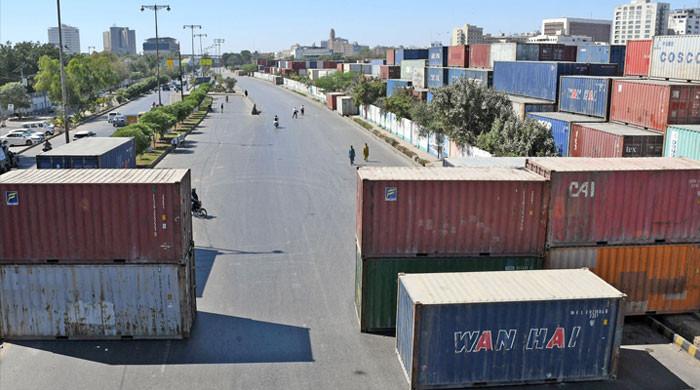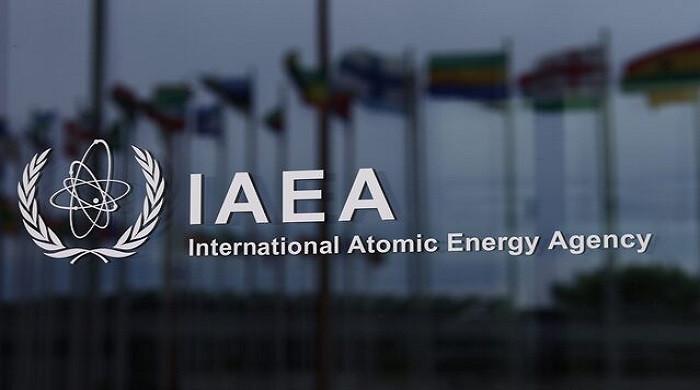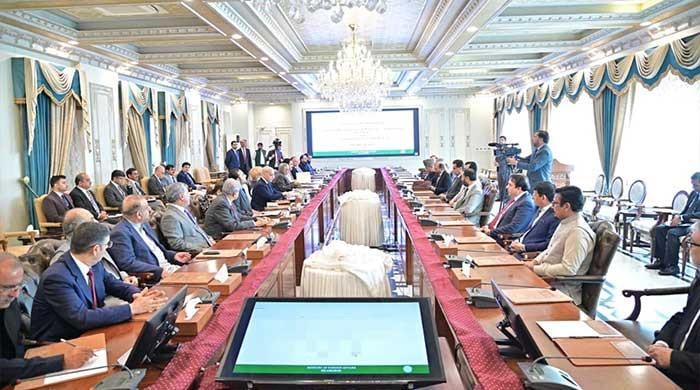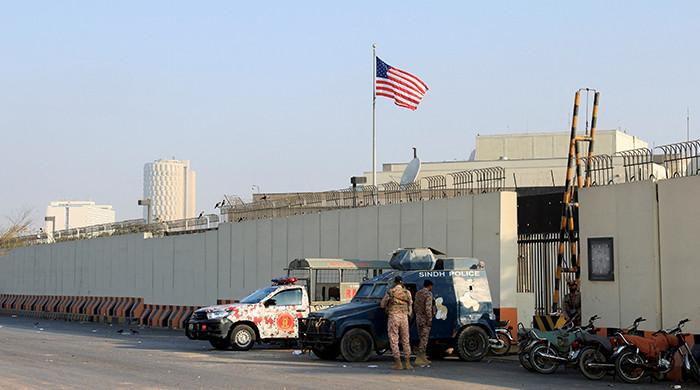WATCH: Karachi to receive 'above normal' rain this year
According to Dr Sardar Sarfraz, the monsoon season will span July, August, and September
June 18, 2022
Karachi is expected to have a longer than usual monsoon season this year, according to a top official of the Pakistan Meteorological Department (PDM).
According to the PMD forecast, the monsoon season will begin in the metropolis on 29 June.
Talking to Geo News, Chief Meteorologist Dr Sardar Sarfraz Friday said that the longer the heatwave lasts, the more will be the rainfall.
This year, the heatwave began as early as February, he said.
"The heat wave came a little early in Karachi. The first spell was between 11-14 March, and the second spell occurred in the last days of the same month. This year, a lengthy heatwave affected Sindh and later southern Punjab, which is expected to result in a prolonged monsoon."
According to Dr Sarfraz, the monsoon season will span July, August, and September.
He further stated that Karachi, western Sindh, including Jamshoro, and Balochistan will have a 20 to 30% increase in precipitation.
Heatwave and arid climate
According to Dr Sarfraz, persistently dry weather causes heatwave.
He stated that when the pressure in the upper atmosphere rises, air sinks, resulting in compression and finally heatwave conditions develop.
He said that the region's aridity is caused by the Pacific Ocean's lower-than-usual temperature and that the unusually protracted heatwave was also a result of climate change.
Urban flooding
Karachi received the heaviest torrential rains in the year 2020. At least 13 people were killed by urban flooding in the southern Pakistani city of Karachi, the country's largest city and economic centre, as severe monsoon rains left vast portions of the metropolis waterlogged and without electricity.
Dr Seemin Jamali, the former executive director of the Jinnah Postgraduate Medical Centre (JPMC), had told international media that the dead include persons who drowned in their homes, were crushed by collapsing walls, or were electrocuted by short-circuiting cables.
According to the country's weather department, the city received more than 223 millimetres of precipitation in August 2020, the biggest amount recorded. According to the data, Karachi had received more than 484mm of rain in the month of August 2020, which is more than 10 times the monthly normal.











